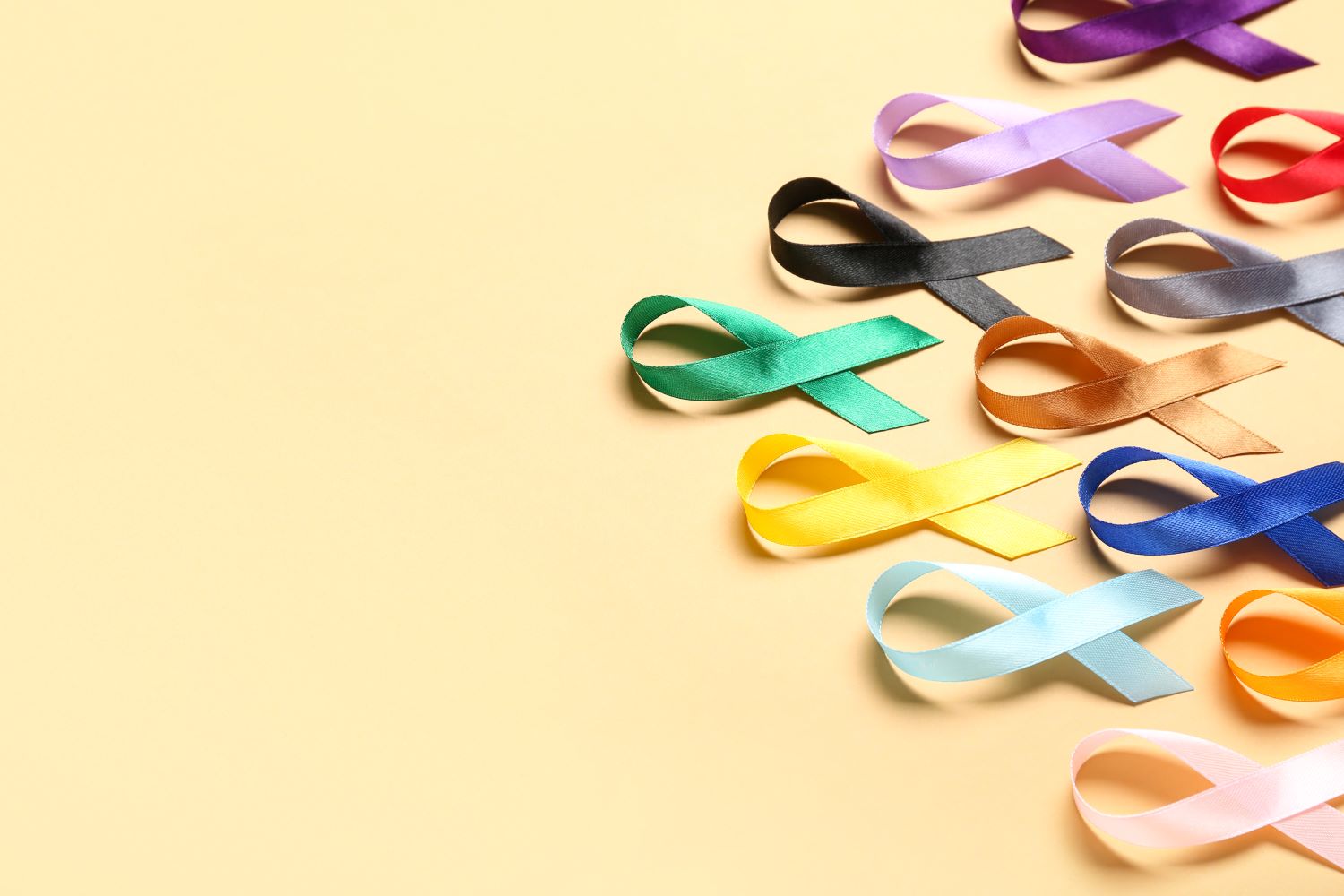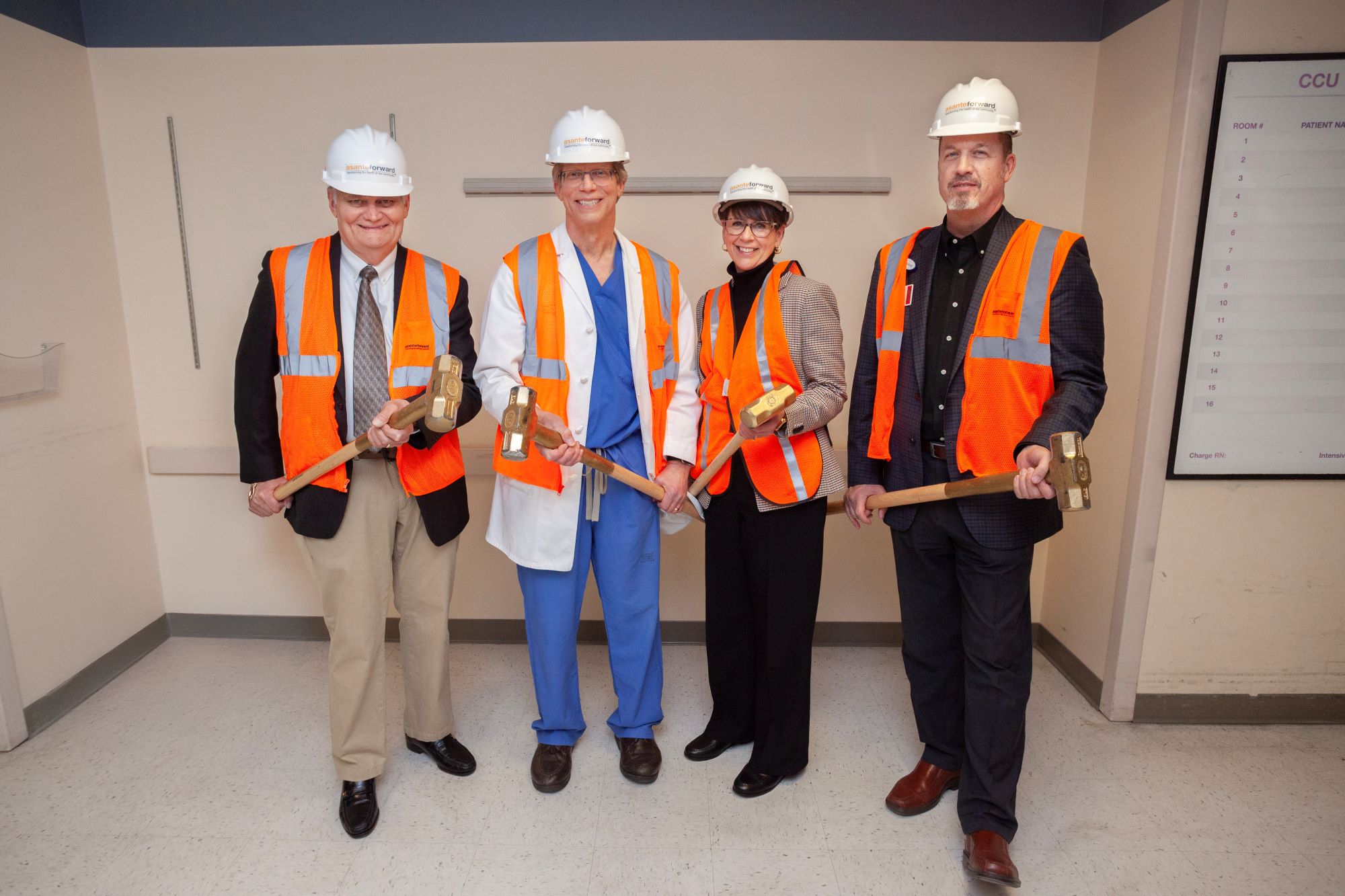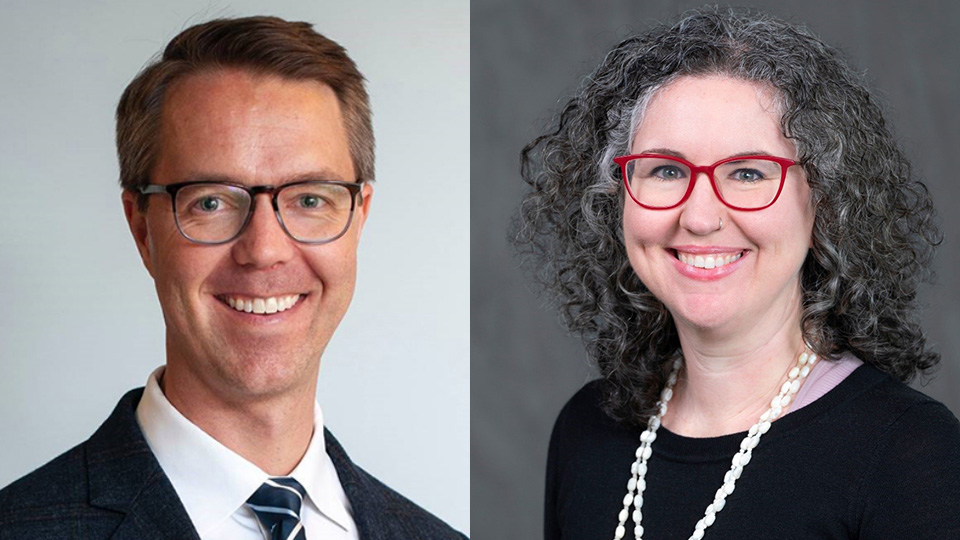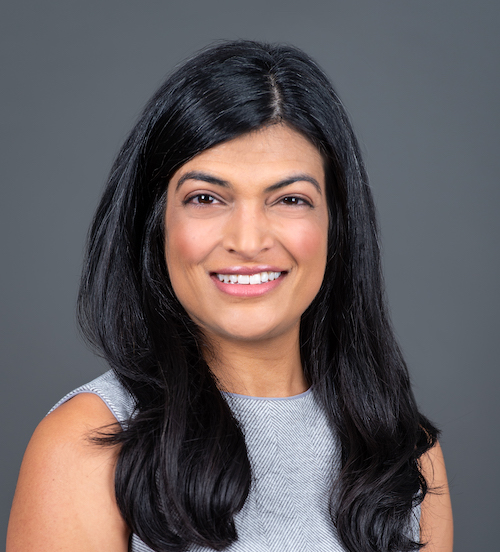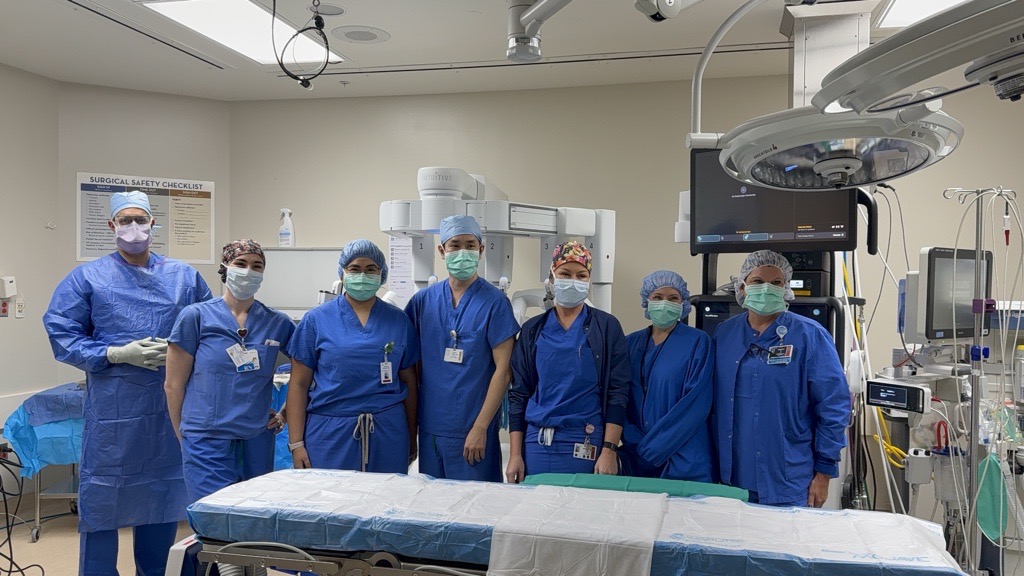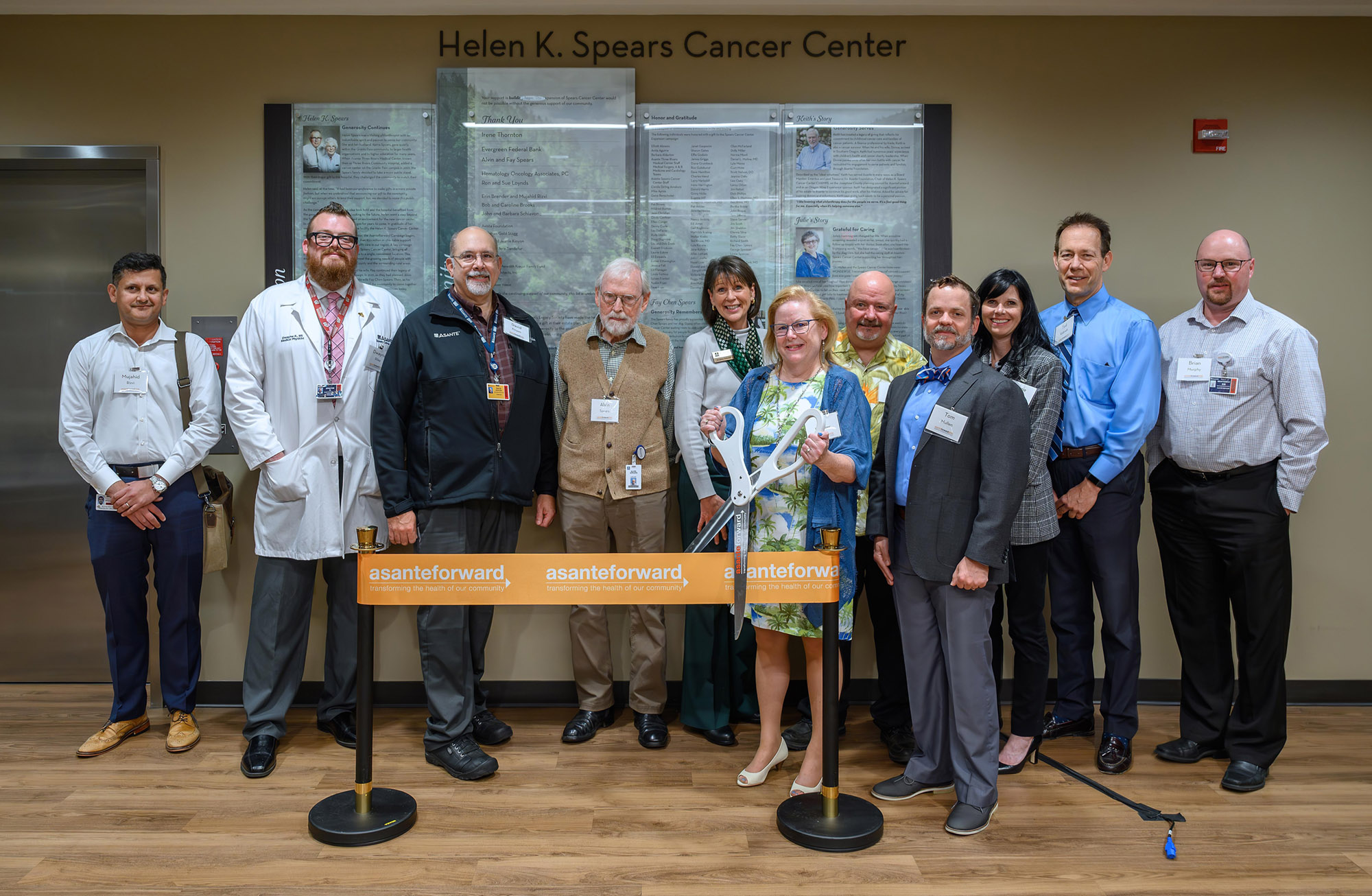Summary
Tune into Episode 2 of Asante's podcast, "A Journey to Health: Breast Cancer." Blending personal stories with expert insights, this episode offers a deep dive into breast cancer recovery. Whether seeking understanding or awareness, our series enlightens and inspires. Join our informative journey today.
Introduction
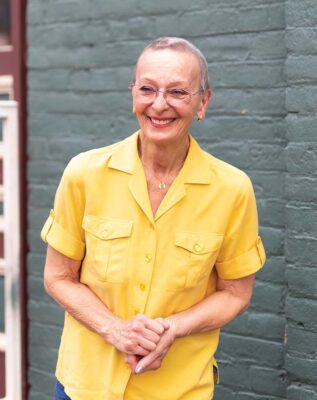
Welcome back to “A Journey to Health: Breast Cancer,” an Asante mini-podcast series. Our inaugural episode introduced you to Judith, sharing her intimate journey from the heart-stopping moment of diagnosis. Now, in Episode 2: The Road to Recovery: Choices, Challenges, and Triumphs, we delve deeper, providing listeners with a unique blend of personal narratives and expert insights.
By tuning in, you’re not merely hearing Judith’s story; you’re embarking on an informative exploration of the complexities surrounding breast cancer recovery. The episode highlights the intricate decisions and medical processes that often seem daunting. Moreover, it highlights the continuous evolution in breast cancer research and treatment, emphasizing the hope that current medical advancements bring.
If you want to better understand a loved one’s experience or just want to be more informed, this episode is like a beacon, offering clear guidance and support. Join us as we traverse the challenging road to recovery, underscoring the resilience of those affected and the monumental strides in modern medicine. This episode is more than just a story; it’s a source of learning, motivation and hope for everyone who listens.
Listen
Narrator
Welcome back to A Journey to Health Breast Cancer, an Asante mini-podcast series. In our first episode, we were introduced to Judith, whose life unexpectedly veered onto a challenging new path.
Judith
For a period of two days, when I was showering, I found that my nipple on my left breast had absolutely turned 90 degrees. And I thought, no, this is something very wrong here.
Narrator
Most women understand the importance of a breast health exam, but the question lingers: what happens when you find something? What happens when the usual gives way to the unknown? Join us as we continue to navigate Judith’s journey, a narrative that resonates with countless individuals who come face to face with a breast cancer diagnosis. No sooner had she noticed the change the wheels of medical intervention swiftly set into motion, ejecting her from the familiar ebb and flow of her daily life into realms of unknown futures. The diagnosis came as a stark reality check—ductal carcinoma estrogen-based, a common form of breast cancer originating in the ducts of the breast. Nurse navigator Melanie Dines highlights reasons to be hopeful when breast cancer is caught early.
Melanie
I want everyone to know that breast cancer is extremely treatable. That’s when it’s caught early. So, either stage zero, one, or two for the most part, the first treatment is seeing the surgeon and some patients grapple with that. I’ve got cancer; why am I not seeing the oncologist? It’s because the oncologist needs the information after surgery on that final pathology report to be able to advise them and talk about treatment.
Narrator
The maze of medical procedures can often feel like uncharted territory, a whirlwind of terms, decisions and what-ifs. But within the uncertainty, a well-orchestrated plan can offer reassurance, acting as a guiding light.
Judith
He said this growth is fairly large. They’ve done a biopsy. We need to work on this very quickly.
Narrator
Surgeon Megan Frost elaborates on the advancing frontiers of breast cancer research.
Frost
We’re able to tailor treatments to not just the person but the tumor. I oftentimes say that breast cancer, because it’s so common — that’s a bad thing, obviously that it’s common — but because it’s so common, it’s a good thing in our ability to understand it. We know more about breast cancer than we probably know about almost any other cancer out there. And so when someone gets a diagnosis, they oftentimes compare their experience to somebody else, to a friend or a family member and oh gosh, they had this and so I’m going to have that. And it’s such a unique experience for each person. There are a lot of characteristics of a tumor that we’re able now to suss out on the biopsy and then the physiology based off of the surgical pathology and then you take the patient and their own characteristics and we’ve really gotten good at being able to treat people specifically for their cancer and specifically for their personhood.
Narrator
Within a week, Judith underwent a lumpectomy, a surgery that involves removing the tumor and a small portion of surrounding tissue. The swift action was reassuring.
Judith
I mean, I never expected things to move that fast. And what the surgeon said was, this is not a death sentence. We have an excellent team of oncologists in Medford. They have a protocol. They will look after you.
Narrator
The word chemotherapy often invokes a mixture of emotion, hope mingled with apprehension. It’s a cornerstone of cancer treatment, operating not just on the tumor but throughout the body to curb the spread of the rogue cells. But, not everyone who has cancer will receive chemotherapy. Surgeon Megan Frost explains more.
Frost
And so where in the old days, we kind of said, well, gosh, you’ve got breast cancer, and it went to the lymph nodes. That’s terrible. Let’s give you chemotherapy. Now, it’s a much more nuanced decision to decide whether or not you give someone chemotherapy. So while, yes, there’s still downsides to chemotherapy, we’re better at picking the person that needs chemotherapy instead of just kind of an all out approach.
Narrator
Nurse navigator Melanie Dines highlights several determinants in selecting chemotherapy.
Melanie
Chemotherapy is determined by the biology of the cancer tumor and what the receptors are. There’s estrogen, progesterone, and HER2/neu, and also whether it’s in the lymph nodes. So that’s checked during surgery, but we have to wait for that final pathology report because that will have all of the good information the oncologist needs. And there’s a test, it’s a genetic test done on the tumor itself called Oncotype DX, and it looks at how likely the breast cancer is to come back in ten years and whether or not chemo would be of benefit. And this is incredible because we haven’t always had this test, and it’s just another determinant of if chemo is needed.
Judith
Then, when I saw the oncologist, he said, this is what we do, and explained how it worked with the chemotherapy.
Narrator
As Judith seated herself in the chemotherapy suite, soft of machinery filled the room. The familiar sight of tubes coursing into her arm, delivering radiation from her back, suspended above, a reminder of her ongoing battle. As she looked around the room, it was bustling with individuals, each with their own lifeline, each facing the same adversary: cancer. The room, as described by the attending oncologist, wasn’t just a place of treatment but a symbol of progress. It reflected the strides of modern medicine — our enhanced capability to detect cancer early and prolong life.
Melanie
Well, first of all, I’d like to talk about that aftermath and, specifically, after chemo. So, losing your hair waiting for it to grow back is very stressful. You can get numbness and tingling in your fingers and your toes. A lot of people struggle with fatigue and loss of appetite.
Judith
So, the hardest part for me was not losing my hair. I was quite comfortable with that. It was the exhaustion. So, you know, you’d have the chemotherapy, and then you’d feel great for a couple of days, but it was the sheer exhaustion of not being able to make my body work the way it usually does.
Narrator
Navigating through fatigue is an important aspect of the cancer journey. Nurse navigator Melanie Dines underscores a seemingly paradoxical remedy exercise. Even when exhaustion is overwhelming, a simple regiment of walking can chip away at fatigue, enhancing both physical strength and mood.
Melanie
But even walking 20 minutes initially, three times a week, working up to 20 minutes every day, can help with fatigue and boost your endorphins, which helps with your mood.
Narrator
An unanticipated reality unfolds as Melanie Dines discusses the modern chemotherapy journey. Unlike earlier times, where weight loss was synonymous with chemotherapy, current treatments have evolved to minimize side effects, such as nausea.
Melanie
And then what most women don’t expect is that you can gain weight during treatment. And I’ve been a nurse for 38 years, and I remember those early days of giving chemo, people lost weight. Now, we do such a good job at preventing nausea and vomiting that that doesn’t happen. And the steroids that are used in treatment can sometimes make people feel extra snacky.
Narrator
As we navigate through the different tales of chemotherapy’s impact, Judith’s experience stands as a testament to a different set of challenges. While Melanie highlighted an unexpected weight gain, Judith encounters the lost joys of culinary pleasures, a direct fallout of her chemotherapy treatment.
Judith
And I’m a pretty active person, and I like to eat. With chemotherapy, I couldn’t enjoy the food, so I concentrated on texture. So I used to play this little game: what is it that I’ve got in my mouth? And how can I introduce more textures to at least have some interest to this wonderful food I’m making? So, missing the food and losing weight and my nails falling apart and my hair — those chemotherapy drugs are hard on you.
Narrator
Unlike chemotherapy, which circulates throughout the body, radiation is localized, addressing the cancer cells in a designated area. Surgeon Megan Frost highlights recent advancements.
Megan Frost
We used to just have these large groups of people: yes, you need radiation; large groups of people, no, you don’t. And now we’re really able to tailor it more to the person in terms of not just the radiation that they’re getting, but the courses, the amount of times they’re having to go. So to me, that’s the biggest advancement in our treatments, is really just being able to tailor the treatment to the person in the tumor. So it’s really a more exact treatment, and you’re not being overtreated or undertreated.
Narrator
Judith’s Tale sheds light on one of the lesser-known aspects. It begins with the creation of a mold, a shell tailored precisely to the contours of her form, ensuring that during each treatment, her body maintains a consistent position.
Judith
Yeah, and one of the things that I learned about radiation was that the part of your body that they’re radiating, they make a mold for you. And then they hang it up on a coat hanger with your name on it so it looks like part of your body is hanging in this closet.
Narrator
This shell serves as a tangible, almost surreal emblem of the personalized battle each individual faces against cancer. The duration of the radiation therapy can vary widely among individuals, depending on the specifics of their condition and the treatment plan devised by their medical team. The embrace of the machinery becomes routine. And despite the relatively brief durations, the significance is vast. Each session is a calculated step towards curbing the cancer inching closer to recovery. Judith’s story weaves into the broader picture of uncertainties faced by those grappling with cancer. Nurse navigators like Melanie Dines highlights the common threat of seeking control within a situation often characterized by its unpredictability.
Melanie
With this whole cancer experience, it is one of not knowing. And that’s kind of the gray zone. A lot of people like black or white; is it this or is it that? And so there’s a lot of not knowing fully about the situation at first, more will be revealed — which is hard to wait. So there’s not knowing and waiting, which can be very anxiety producing.
Narrator
Melanie underscores the important role of navigators, who stand at the intersection of medical expertise and patient advocacy.
Melanie
Part of our role as a navigator is to research. So I’ll go online, get the latest research about treatment for that, and I also figure out things depending on what they want to know. So, assessing their style of learning, some patients don’t want a lot of info. It causes more anxiety, so resources there are specific websites for triple-negative breast cancer, triple positive. There are online support groups, there are in-person and our online support groups. We also have financial counselors, especially if somebody’s going to receive chemo, very expensive. And we have dedicated financial counselors to help with that.
Narrator
In today’s episode, Melanie’s insight reveals the essential role nurse navigators play, simplifying the complex realm of cancer care, offering a robust foundation of support and guidance. While Judith’s narrative resonated with the abrupt calls to action life presents, their stories showcase a stirring testament to our inherent resilience when faced with life’s unexpected trials. Moreover, they highlight the essential support network, carefully constructed out of necessity, which reveal themselves at our time of need. Join us in our next chapter, episode three, Beyond the battle — healing, support, and the future.
Judith
The radiology doctor came out and said, we won’t be doing an ultrasound today. I said, oh. He said, no, we’ll be doing a biopsy. That was a shock. That really I didn’t expect it.
Narrator
As we transition into what comes next, we’re reminded, like the resolute hero in every Tale, we, too, harness the will to navigate through our own narratives.


